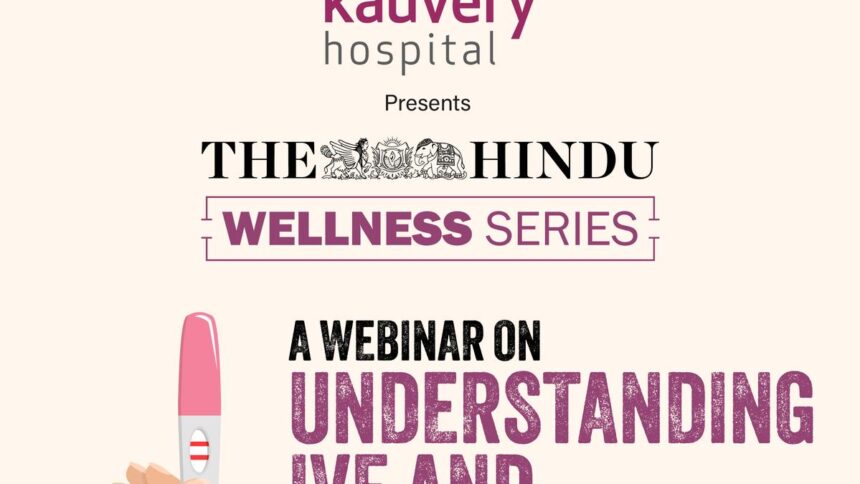
As of February this year, about 17.53 lakh students in 34,987 schools benefitted from the programme. Image used for representation
| Photo Credit: L. Balachandar
Chief Minister M.K. Stalin is set to launch the expansion of the Chief Minister’s Breakfast Scheme to students in State-aided primary schools in urban areas across Tamil Nadu on August 26, 2025.
The expansion of the programme is expected to benefit about 3.05 lakh more students. Hitherto, the programme was implemented in government-run primary schools across the State and State-aided primary schools located only in rural areas.
The Chief Minister will formally launch the expansion during a function scheduled at St. Joseph’s Primary School in Mylapore in Chennai on August 26, an official release said. In 2022, Mr. Stalin announced the Chief Minister’s Breakfast Scheme in the Assembly. In September that year, he launched the programme in Madurai on a pilot basis.
In March 2023, the programme was expanded to government primary schools in corporation and municipality areas. In August that year, it was expanded to all government primary schools in the State. In July 2024, the programme was further expanded to all government-aided primary schools in rural areas. As of February this year, about 17.53 lakh students in 34,987 schools benefitted from the programme.
The Tamil Nadu government earmarked a sum of ₹600.25 crore for the programme for 2025-26. It has yielded positive outcomes: increase in attendance, enhanced attention span, and reduction in morbidity rates in primary school-going children. It also led to a 63.2% decline in hospital admissions among children in primary classes in government schools and a 70.6% reduction in serious illnesses, between December 2023 and December 2024.
The State Planning Commission, during an evaluation of the programme, found that it improved eating behaviour in children, fostered positive habits, increased socialisation with other children, showed perceived improvement in the child’s health, increased willingness to go to school, and showed improvement in studies and engagement in class.
Published – August 21, 2025 02:53 pm IST






















